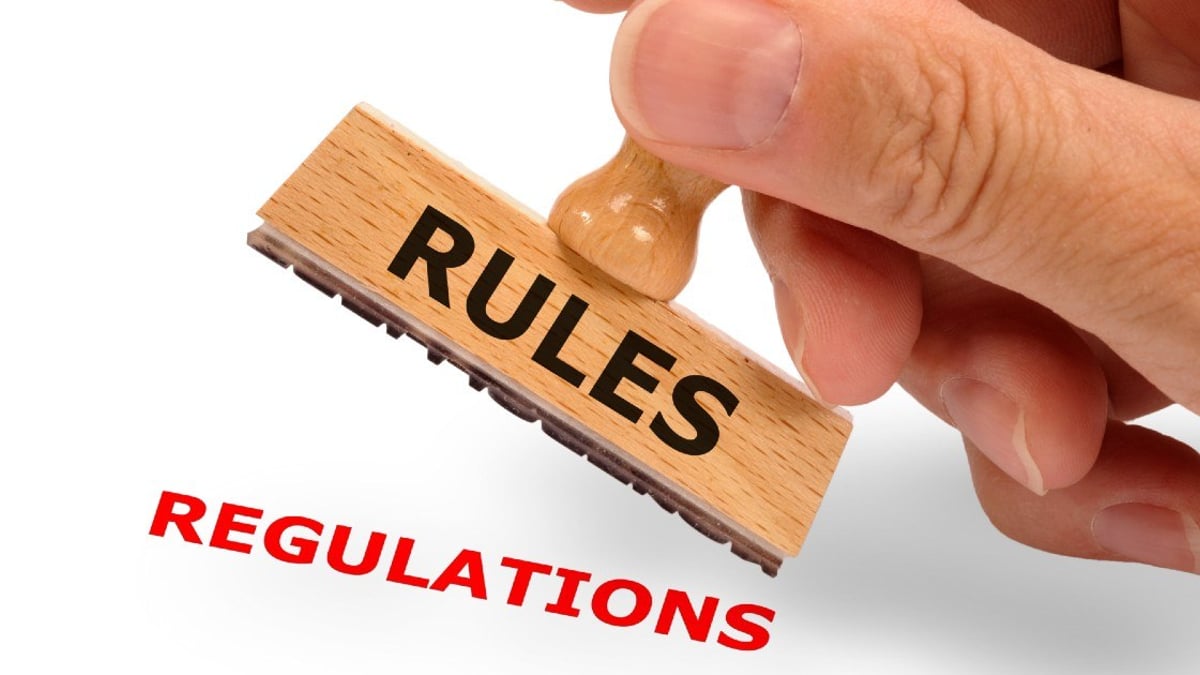Proposed Tribal Gambling Rules Could Upend Online Gambling

The Bureau of Indian Affairs is updating its rules. Several of the proposed changes could bring the most transformative change to tribal gambling since the passage of the Indian Gaming Regulatory Act in 1988.
The public comment period for the proposed rules ends on March 1, at which point BIA will publish the updated guidelines – barring an extension.
Two of the proposed changes would have a tremendous impact on online gambling across the country:
- States that have legalized any form of Class III gambling would be required to negotiate with tribes over every Class III game. That requirement would extend to online gambling.
- Tribes could offer mobile gambling throughout the state without a commercial license.
There is a third significant proposed policy change dealing with land-in-trust, but I’ll save that for another day, as it’s primarily a land-based gambling issue.
All Class III Games are on the Table
The current rules allow tribes to negotiate compacts for Class III games authorized by the state. Under the proposed rule, states must negotiate with tribes on all Class III games if any Class III game is allowed. The argument is that if you regulate any form of Class III gaming, you can effectively regulate all Class III gaming.
If a state refuses to negotiate, it can be accused of negotiating in bad faith. However, if a game is expressly prohibited, it appears to fall outside the scope of this rule, and a state would not have to negotiate.
In simpler terms, if a state offers sports betting (a Class III game), it must negotiate with the tribe on sports betting and casino games, including online casino games. A state can refuse and open itself to accusations of bad faith negotiations or present an argument against a specific form of Class III gambling.
For example, a state could articulate concerns over a specific type of gambling, such as problem gambling vis-à-vis online casinos, and argue for restrictive rules or a total prohibition. If the state comes to the table with legitimate concerns, it would be considered good-faith negotiations.
This opens the door for tribes to go to the front of the queue for online casino gambling. And when coupled with the rule in the following header, tribes would suddenly turn the online gambling table on their commercial counterparts.
Statewide Mobile Betting
Under current rules, tribes interested in statewide mobile betting must be licensed as commercial operators. That will change if the proposed regulations are adopted. The proposed rule extends tribal sovereignty to the online arena.
Per the draft:
“The Department’s position is that the negotiation between a Tribe and State over Statewide remote wagering or i-gaming falls under these broad categories of criminal and civil jurisdiction. Accordingly, provided that a player is not physically located on another Tribe’s Indian lands, a Tribe should have the opportunity to engage in this type of gaming pursuant to a Tribal-State gaming compact.”
It’s important to note that this rule wasn’t pulled out of thin air. It is an extension of the 2014 Bay Mills case that gives tribes sovereign immunity for off-reservation gambling and the current case involving the Seminole Tribe’s compact with the state of Florida (West Flagler Associates v. Haaland) that is working its way through the legal system.
However, there are several impediments to this, including state and federal laws restricting mobile wagering.
Further, per JDSupra, three conditions must be met:
- state law, the compact, or an amendment deem the gaming to be taking place on the tribe’s Indian lands where the server accepting the bets is located;
- the tribe regulates the gaming; and
- the participant initiating the wager is not located on another tribe’s land.
The first point is the most important. It effectively says that as long as the state (via law or compact language) considers the bet on tribal land, it is, regardless of where a server is located. This tenuous interpretation is based on the abovementioned cases, one of which has yet to play out fully.
I agree with JDSupra’s appraisal that “If adopted, this proposed provision appears ripe for further litigation in this area.”
These rules would radically alter the U.S. gambling landscape. However, states could respond with new legislation prohibiting different forms of gambling and/or delivery channels.
Bottom Line
If enacted, the proposed changes would create a tidal wave of changes to gambling in the U.S., and likely a lot of knock-on policies and laws as states and the commercial gaming industry try to adjust to the new landscape.
Be first to get our exclusive sports offers!
Join today to stay up to date on your states gambling news and offers.








